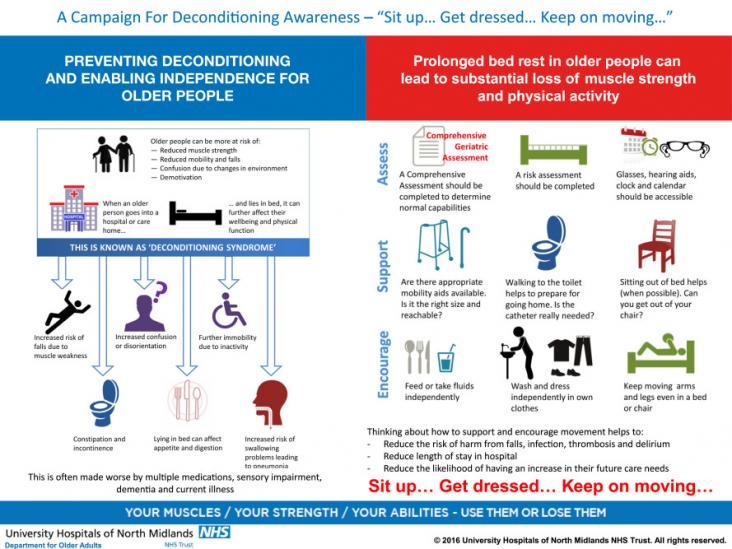Innovation in Health Informatics: A Smart Healthcare Primer, Next Gen Tech Driven Personalized Med&Smart Healthcare, 2020, Pages 3-38



Sustainable Urban Mobility Pathways: Policies, Institutions, and Coalitions for Low Carbon Transportation in Emerging Countries, 2019, Pages 23-63
Social Media: The Academic Library Perspective, Chandos Publishing Social Media Series, 2019, Pages 45-55
International Review of Research in Developmental Disabilities, Volume 55, 2018, Pages 145-180
International Review of Research in Developmental Disabilities, Volume 55, 2018, Pages 213-266
International Review of Research in Developmental Disabilities, Volume 54, 2018, Pages 177-209
